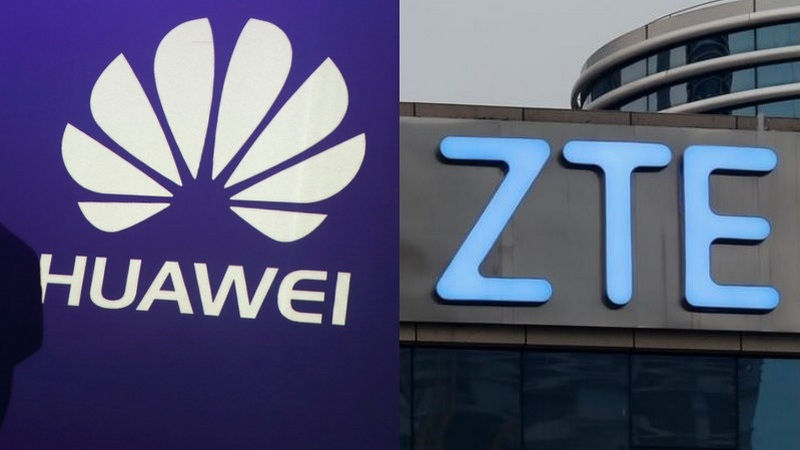The U.S. and China have a long-standing feud though they both would like to make it less public. It is no secret that the increasing influence of China in the global political and economic landscape is unsettling to what has been believed for long time to be the world’s superpower. So it is with a pinch of salt we (people outside both the U.S. and China) take the words for top U.S. intelligence chiefs advising users not to purchase Chinese smartphones brands like Huawei and ZTE among others. Though to be fair, this advice was mostly directed to people in America.
Obviously, there will be some political and economic benefit for the U.S. if Americans (and even better if rest of the world outside China) followed this advice. As it would mean American brands (the iPhones, the Google Pixels, and the likes) would better compete in a world where Chinese brands are increasingly becoming popular.
The U.S. intelligence chiefs from the CIA, FBI, NSA, and director of national security, as cited by the CNBC, argue that smartphones made by Huawei and ZTE are conducting espionage on behalf of Beijing. The chiefs accuse the Chinese smartphones of potentially spying on individuals, stealing users’ information, and cause telecommunications problems.
Because of these accusations, American service carrier Verizon recently stopped availing Huawei phones to its subscribers following pressure from the U.S. government. That would mean, the average consumer in America will find it an extra hustle to purchase Huawei phones in the U.S.
Chinese brands in the Developing Nations
In the developing world, Chinese smartphones are already very popular, and there is no indication of that stopping anytime soon. If anything, their popularity will accelerate. Most consumers find Chinese phones to be comparatively affordable compared to the likes of iPhone, Samsung, LG, and Google Pixels.
Other than just the price angle, Chinese phones also come with killer features. Models such as the new Huawei Mate 10 Pro comes with specs and features that can knock out what you find in a decent model of an iPhone or Samsung smartphone.
Though there is no indication of cyber law enforcement authorities in Africa raising the flag over Chinese electronic products. It does not go unnoticed that there have been accusations leveled against Beijing for using its products for espionage activities in Africa and the Caribbean.
Just recently, there were allegations that the African Union building in Addis Ababa, which was entirely funded and built from the ground-up by China, had bugs planted at the complex to spy on African head of states and delegates. Though both the AU and Beijing came out to later rubbish these allegations.
China has also been accused of conducting cyber espionage in the Caribbean under the guise of aid. Chinese brand laptops, Lenovo, were donated to some countries in the Caribbean, and later allegation of those device spying on users arose.
Chinese companies are also securing huge contracts with African governments to set up digital infrastructure across the continent. Take for instance the migration of TV broadcasting from using analog to digital signals. Chinese companies such as StartTimes has secured the government tenders in both Kenya and Zambia just to mention a few countries.
The same can be said about telecommunications infrastructure. The recent Mi-Fi by Jamii Telecommunication Ltd. in Kenya that we recently reviewed is from ZTE. Though now treated as mere allegations, if indeed China is using its companies for espionage, then Africa (and the developing world in general) need to look beyond just the need for ICT infrastructure and devices. Equal attention should be paid to ICT security and privacy.



